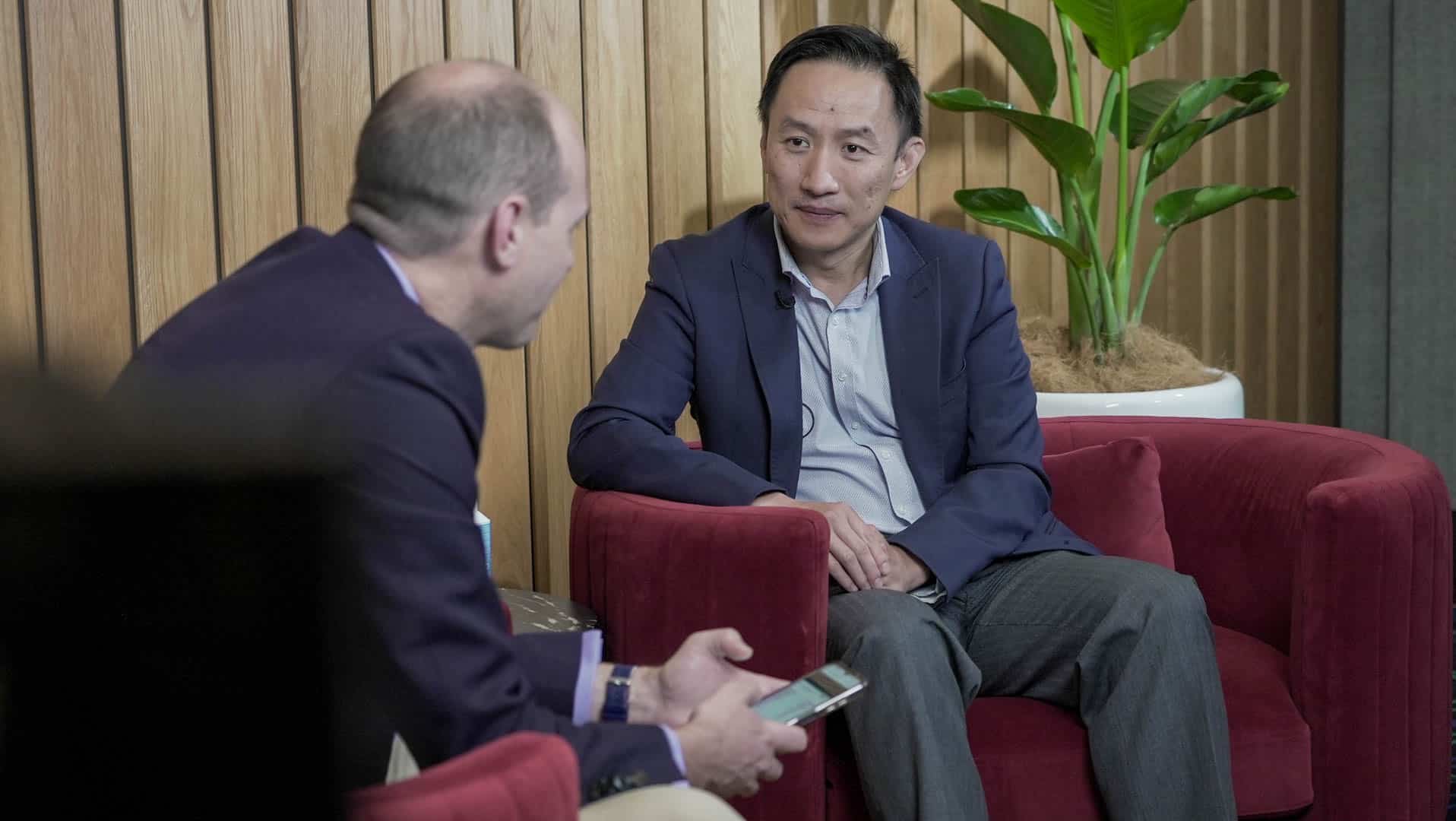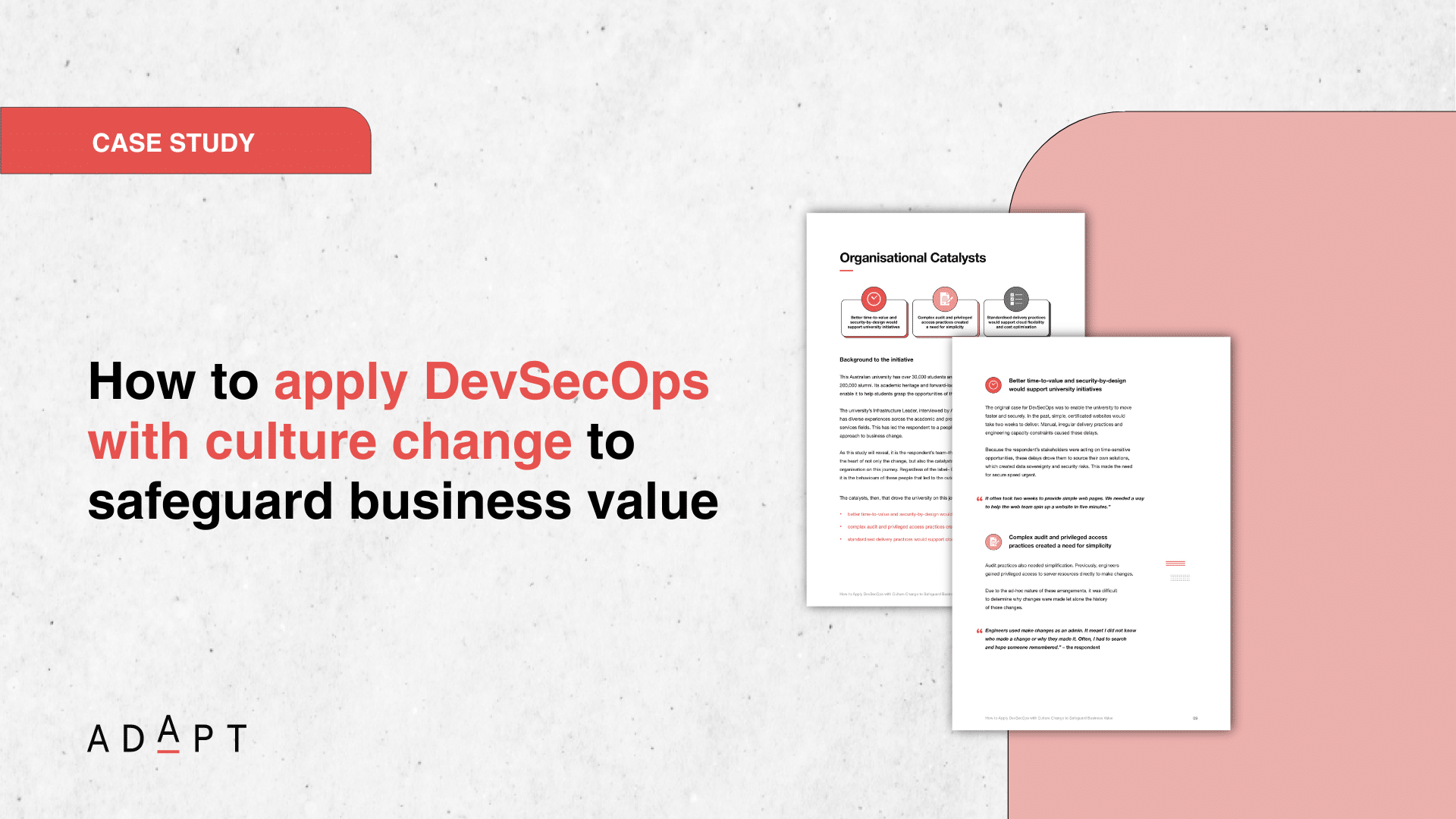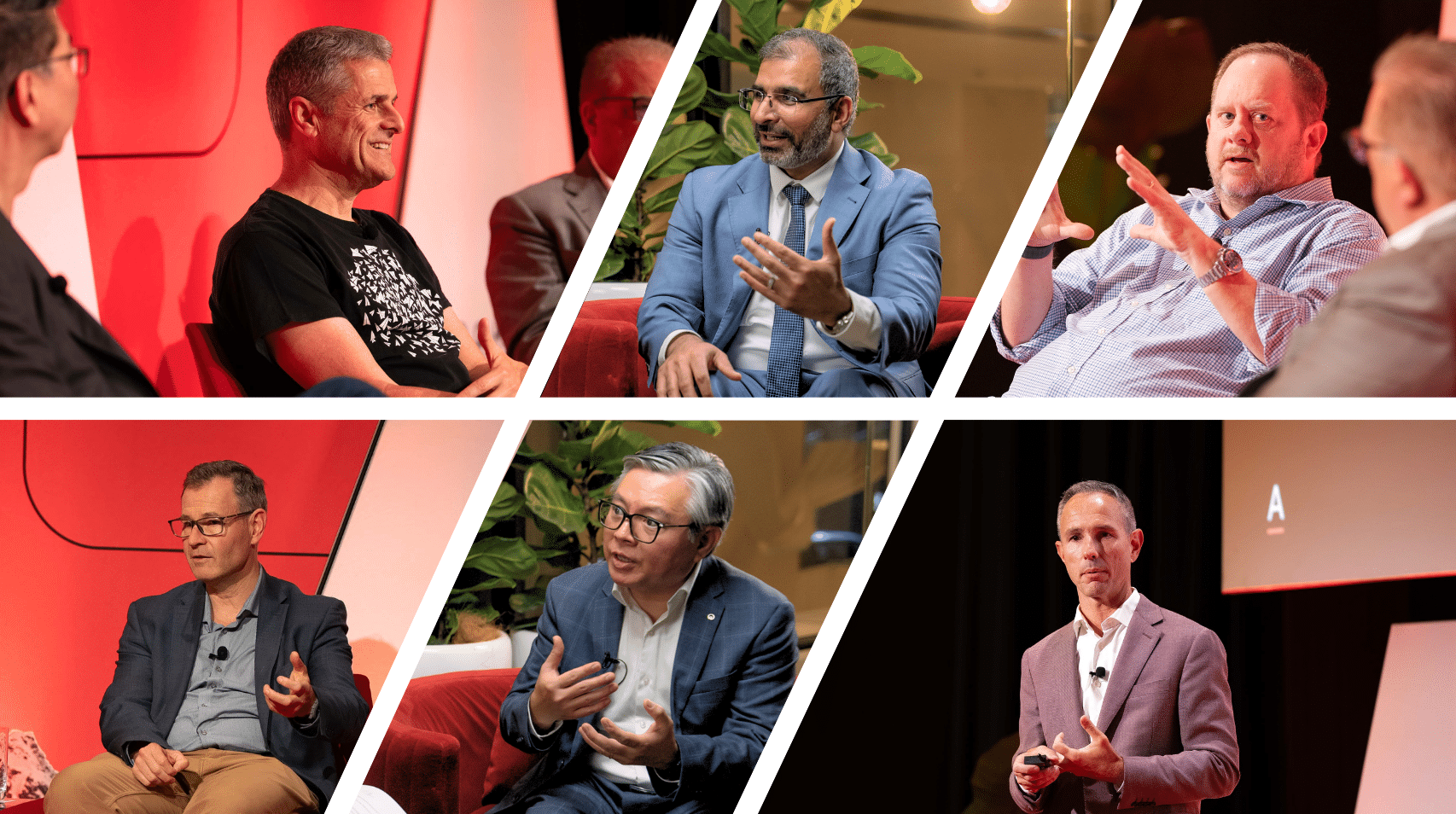End-to-End Value Chain: Identifying Value Across Infrastructure, Application, Business, and Ecosystem
In this interview, Cloud Transformation Director at DXC Technology, Jun Wu, highlights the importance of having one source of truth, a common data model that allows for ingestible data from different sources, and the right KPIs in today's world of data overload.Cloud and infrastructure Leaders are taking a step back and evaluating why and how they are moving application workloads into the public or private cloud.
Moving to the cloud allows organisations using legacy applications to be agile and grow using new technologies.
Due to Australia’s vast size, physical location remains a problem. For both security and local economic reasons, some governments still want to store data within their borders. A business case is essential for cloud journeys because it requires a strategy.
To make the business sustainable a strong economic model is essential. Ultimately, cloud migration must add value to the business, whether it is monetary or intangible benefits such as security and reliability.
Identifying value across the end-to-end value chain, not just in infrastructure and the application layer, but also across the business unit and ultimately into the ecosystem should be considered.
Ascertain the value change from mobile technology to business processes to the actual operations centre since operations are key for many organisations.
In this interview, Cloud Transformation Director at DXC Technology, Jun Wu, highlights the importance of having one source of truth, a common data model that allows for ingestible data from different sources, and the right KPIs in today’s world of data overload.
It requires using metrics that matter, not just uptime and resiliency, but also how value is delivered, experienced and differentiated within the organisation and to customers as well.
Key Takeaways:
- Transformation is not always a straight line. It takes a few curves to learn from the previous lessons and apply those learnings to the next steps.
- You need to be forward thinking; take small steps before you take a big leap, and have the right economic model.
- As cloud and infrastructure leaders build out dashboards, they are able to see where value is traveling, the obstacles to creating and capturing value and also what behaviours will result in the organisational outcomes that are important.






























